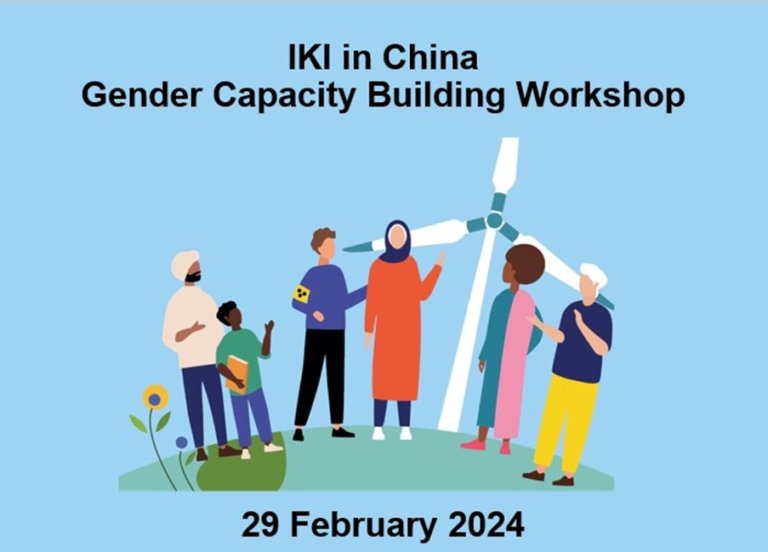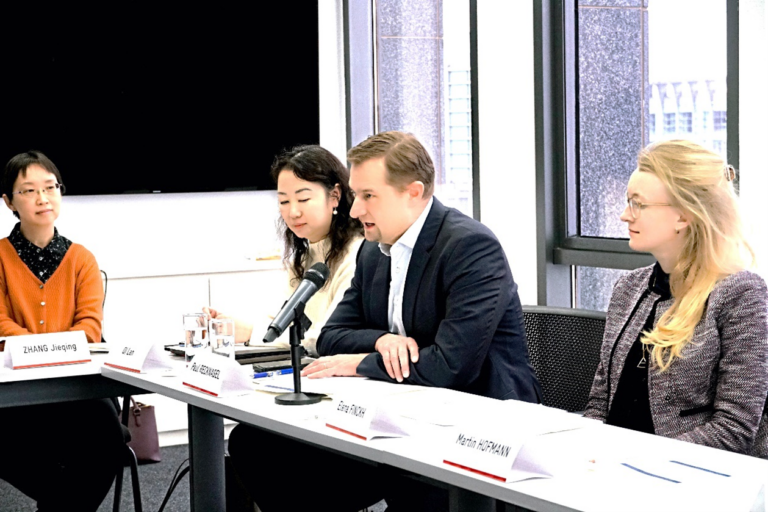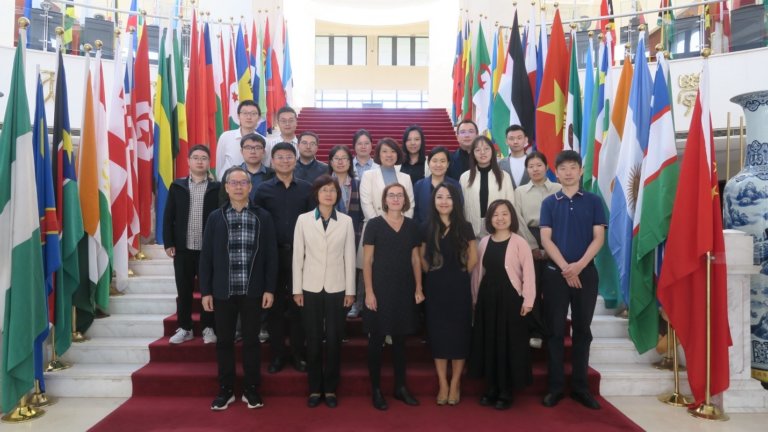A seminar was organised on December 2, 2022 by the NDCI project on methane mitigation in the livestock sector. Dr. DONG Lifeng, an expert from Chinese Academy of Agricultural Science (CAAS) gave a presentation titled ‘Carbon Emission and Mitigation Approaches of Livestock Production in China,’ covering current policies in China along with measures and technologies of methane mitigation.

The presentation opened with an overview of greenhouse gas (GHG) emissions in China, a run-down on two fundamental policies from the central government and the ‘1+N’ climate policy framework. The topics ranged from a general introduction of livestock carbon emissions in China; livestock carbon emission monitoring, calculation and carbon emission mitigation approaches.
Outlining the detail of GHG emissions from agricultural activities, this was used as an introduction to further espouse on livestock emissions in China. Expounding on the history of low-carbon development of the livestock sector across three time periods, starting from 1978 to the present, the presentation highlighted mitigation approaches required to reduce emissions.
The second part of the presentation highlighted ways to measure GHG emissions from livestock along with common obstacles in doing so. Reviewing several methods of measuring the aforementioned emissions, such as the sulphur hexafluoride (SF6) method, amongst others, the IPCC guidelines with regards to GHG emissions were discussed as well. The IPCC Guidelines touched upon the model provided by the Food and Agriculture Organisation (FAO) called the Global Livestock Environmental Assessment Model (GLEAM). The FAO GLEAM model is a process-based model based on a Life Cycle Assessment (LCA) framework. It covers 11 main livestock commodities at a global scale and constitutes 6 modules.
The third part of the presentation focused on a pathway to low or developing a zero-carbon emission farm. Heralding an economic transformation and sustainable development by outlining five practical actions towards low-carbon livestock, these steps look to intensifying recycling efforts, striving for healthy sustainable diets, boosting efficiency of livestock production, and capitalizing on nature-based solutions to ramp up carbon offsets, supported by policy measures that drive change. This portion of the presentation was concluded by giving an overview of accounting for emissions from a whole farm, dietary manipulation to reduce methane emission and a simple cost benefit analysis of these activities.
Participants from NewClimate Institute, Climate Analytics and Deutsche Gesellschaft für Internationale Zusammenarbeit (GIZ) GmbH project team along with Dr. Dong concluded the seminar with a round of questions that ranged from incentives that encourage the adoption of methods that help reduce such emissions, to mitigation measures of manure management in China amongst others. This question-and-answer session helped summarise the findings of the presentation along with providing fresh insights into related topics.



